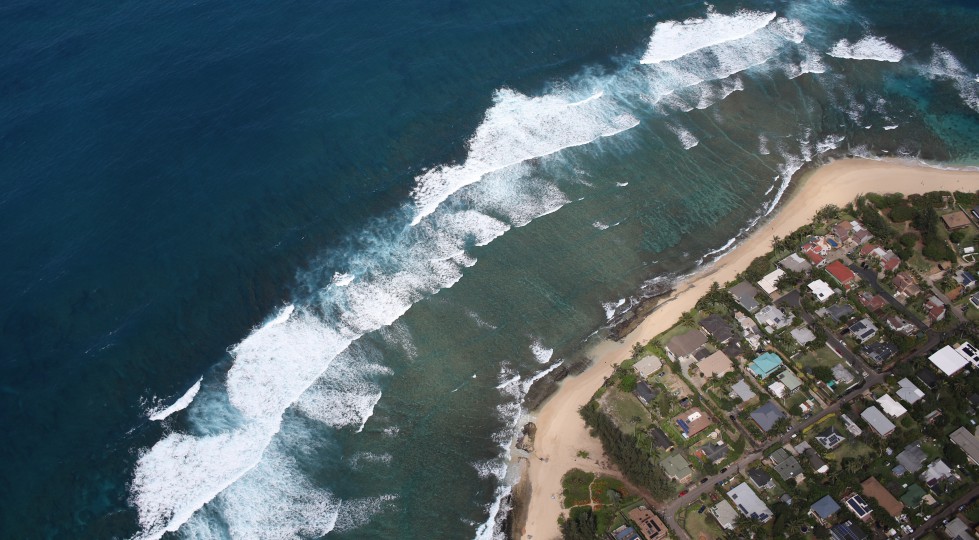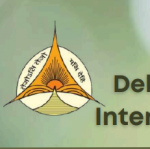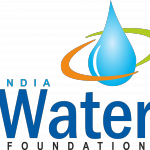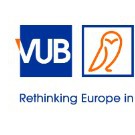UNU-CRIS contributes to The Water Series Podcast on Multifaceted Water Challenges

The Water Series is a podcast on various dimensions of water. Although it deeply considers issues of water scarcity, it goes beyond that, addressing more innovative perspectives, e.g. water as a human right, water as a weapon of war, water as a resource, etc. Additionally, the series seeks to explore existing and future solutions to the present water-related challenges. The Water Series is co-hosted by human rights lawyers Sonja Agata Bišćan and Zeyneb Kasmi and features expert interviews.
Nidhi Nagabhatla, Senior Research Fellow, UNU-CRIS recently contributed to the fifth episode on water and migration. The episode discusses how countries face existential threats and economic losses due to the lack of or limited capacity for adapting to the increasing intensity of water- and climate-related scenarios. In addition, water crisis settings also lead to declining livelihood prospects or cause people to temporarily or permanently migrate, as an adaptation option. In situations, when water becomes a scarce resource, drying conditions or drought are reported, competing and conflicting water use trends intensify, the survival strategy for communities and people is to migrate and look for alternative options for income generation, safety, and survival.
Nagabhatla shared her perspective focusing on two transboundary water systems, first, the impact of flooding on human mobility patterns in the Padma River basin in Rajshahi, Bangladesh – the main distributary of the cross-border Ganges flood plains. And the second example of dry/water scarcity conditions in the Sahel and Lake Chad region and Transaqua, the massive water infrastructure proposal to connect the Congo Basin and Lake Chad reflecting on the challenges in cross border water governance in the setting of political instability, the role of private sector actors and agencies, and migration pathways ( formal or customary, voluntary and forced) operating between the riparian zones.




